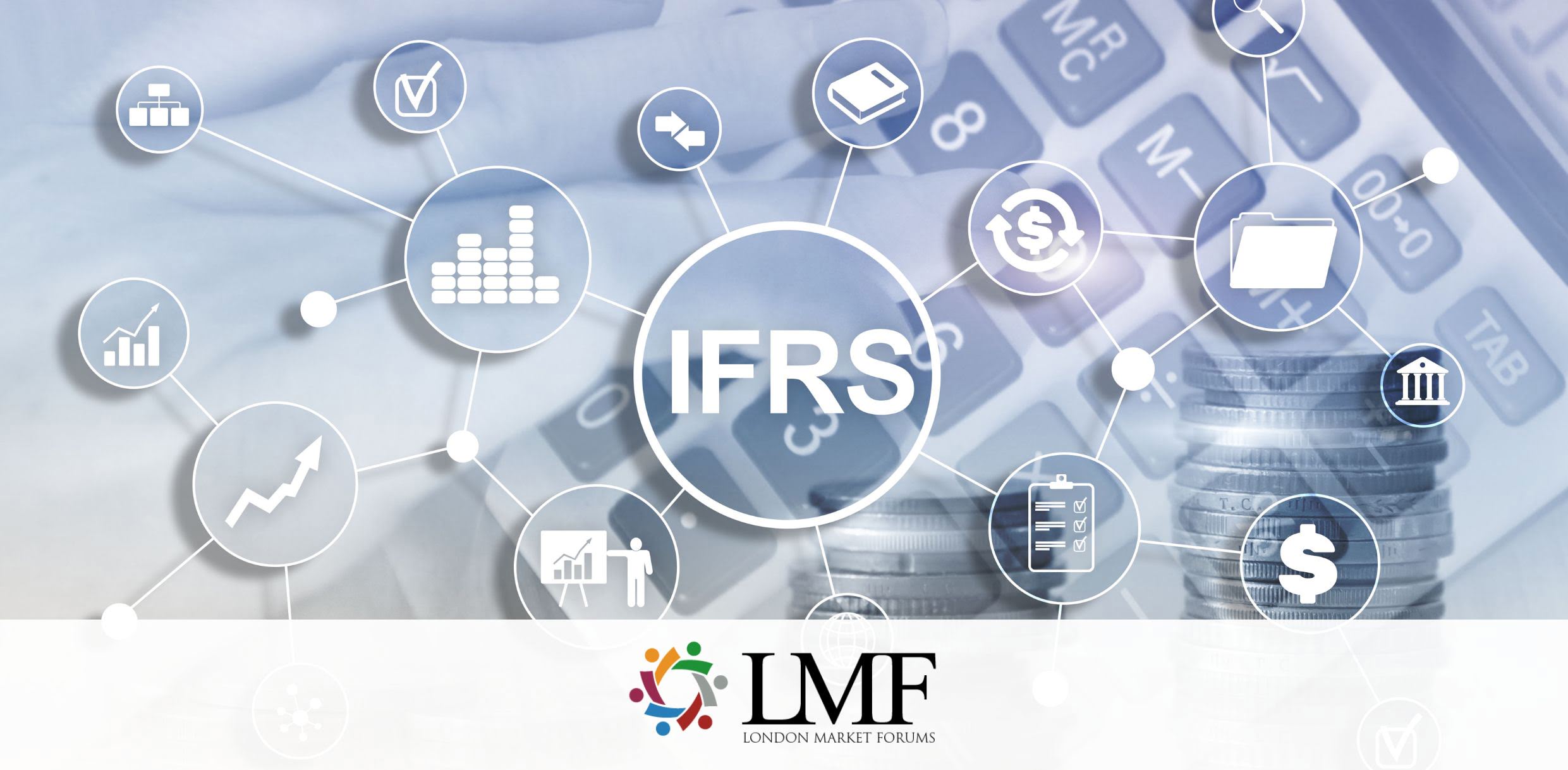In the rapidly evolving world of global finance, financial services institutions (FSIs) stand at a pivotal crossroads. Geopolitical tensions, technological advancements, and escalating cyber threats demand not just reactionary measures but forward-thinking, resilient cybersecurity strategies.
Geopolitical Complexity and Cybersecurity Threats
The financial services sector is increasingly entangled with the complexities of global politics. The power struggle between geopolitical giants such as China and the United States doesn't merely play out on the international stage—it infiltrates the digital realm, posing direct threats to financial institutions. This necessitates a sophisticated approach that intertwines risk assessment, corporate narrative, and stakeholder engagement.
Financial leaders must navigate the delicate balance of political scrutiny, market priorities, and managing a diverse global workforce. In an era where technology is the new battlefield, how can financial firms harness digital advancements while steering clear of geopolitical pitfalls? The answer lies in developing a comprehensive, strategic approach to cybersecurity.
Learning from NotPetya: A Case Study
The NotPetya malware attack in 2017, which caused widespread disruption, particularly in Ukraine's financial sector, serves as a potent reminder of the intersection between geopolitical conflict and cyber threats. This attack's impact on financial institutions highlights an urgent need: resilience must be at the core of cybersecurity strategies.
NotPetya's legacy is clear—financial institutions must develop robust cybersecurity frameworks that can withstand geopolitical upheavals and cyberattacks, ensuring continuity and trust in their operations.

The Dual Edge of AI in Cybersecurity
Artificial intelligence (AI) and machine learning present a double-edged sword for the financial services industry. While these technologies can revolutionize threat detection, containment, and response, they are also being weaponized by cybercriminals. The rise of Money Laundering-as-a-Service (MLaaS) exemplifies how AI can complicate efforts to trace and recover illicit funds.
In this technological arms race, the financial sector must leverage AI not only to defend against evolving threats but also to anticipate and mitigate them. AI's integration into cybersecurity is not a futuristic vision but an immediate necessity, demanding that institutions stay ahead of adversaries in this relentless battle.
Quantum Computing: Preparing for the Next Frontier
The advent of quantum technology heralds unprecedented cybersecurity threats, with the potential to dismantle current encryption methods. Predictions indicate that within 15 years, quantum computers could break public key cryptography, posing significant risks to financial data security.

Financial institutions must preemptively address these threats. Initiatives such as quantum key distribution (QKD) systems and quantum secure networks are already being piloted by industry leaders. Regulatory bodies are pushing for a shift to post-quantum cryptography, highlighting the urgency for robust, future-proof security measures.
Cloud-Driven Innovation: Transformative Strategies for Resilient Cybersecurity in Finance
For financial services, particularly within the London insurance market, the allure of the cloud is undeniable. Dealing with sensitive customer data, immense technical debt, and stringent regulatory requirements, FSIs have historically been hesitant to embrace the cloud fully. Yet, as the pandemic has shown, the ability to transfer business-centric workloads to the cloud and modernize infrastructure and applications is crucial. The London market, known for its innovation and resilience, is no exception to this trend.
Cloud migration offers a pathway to enhanced efficiency and innovation. However, as businesses transition to the cloud, they must ensure robust security to safeguard this digital transformation. Ensuring data security during migration is paramount, especially as cyber threats grow exponentially and data ecosystems become more complex. According to the IBM Cost of a Breach report, 82% of breaches involved cloud in 2023.
The journey to the cloud involves fundamental changes not just in the conception, delivery, and operation of IT services, but also in the culture and organizational structure. For the London insurance market, this means balancing the potential of cloud technology with the need for stringent security measures.
By embracing cloud technology with a strategic focus on security, financial institutions can bolster their defenses and thrive in a cloud-powered era of trust and resilience.
Looking Ahead: The Future of Cybersecurity in Financial Services
In the face of evolving challenges, vigilance, adaptability, and forward-thinking strategies are paramount for the financial services industry. The future hinges on a strategic blend of collaboration, technological advancements, and heightened risk awareness. Institutions that engage in proactive industry dialogues, leverage cutting-edge solutions, and prioritize comprehensive risk management will be well-positioned to shape the resilient future of finance.

As we navigate this dynamic landscape, financial institutions must lead by example, fostering a culture of resilience and innovation. Only then can they withstand the cyber threats of tomorrow and build a secure, thriving financial ecosystem.

Amala is a content strategist and former financial journalist and editor in the Financial Services sector, specializing in Banking and Insurance. She leads impactful industry strategies and campaigns, building key relationships across EMEA. With expertise in market trends and regional communications, she provides insights that shape strategies. Her industry research helps organizations anticipate market shifts and meet evolving customer needs. Her specializations include ESG, FS Regulations, Digitization, Cloud, Cryptocurrencies, CBDCs, Fintech, Cyber Insurance, and AI.







.png)








